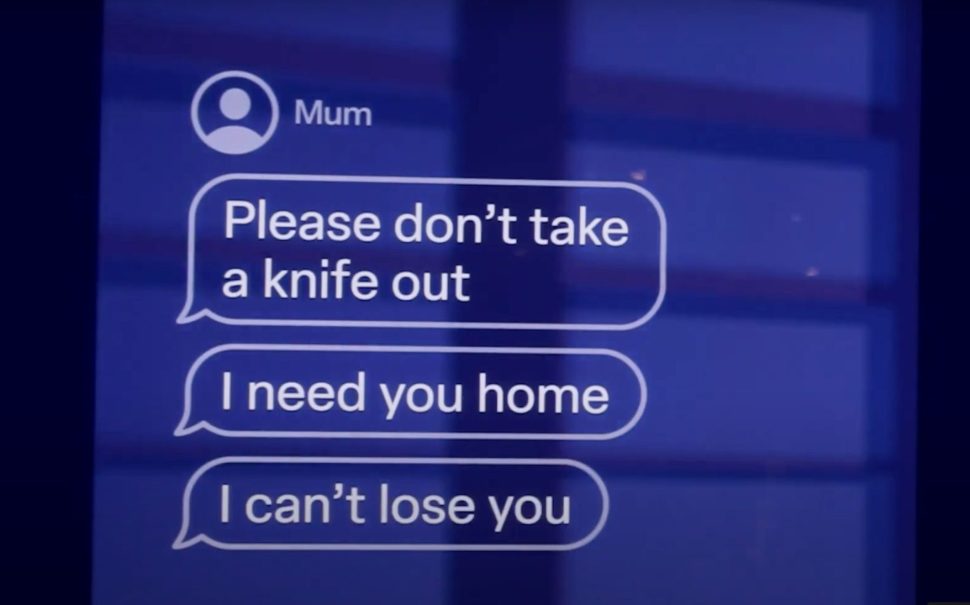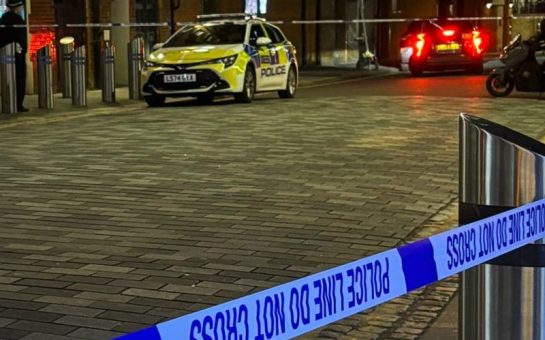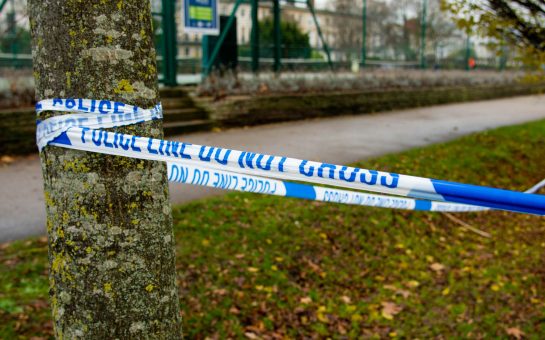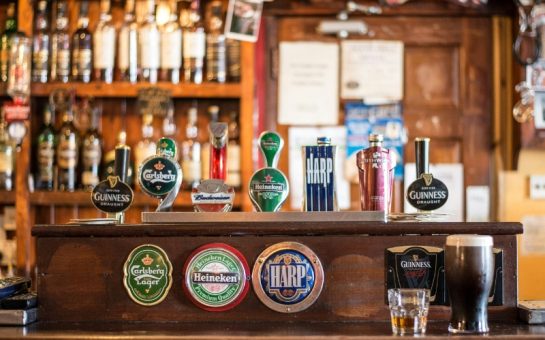Four-fifths of young Brits do not think they will be attacked by someone with a weapon but will change their behaviour based on fears of weapon-carrying, according to new Office for National Statistics data.
Eighty percent of young people aged between 16 and 29 in the UK believe the actual threat they face of being attacked by someone with a weapon is unlikely or very unlikely.
Yet 70% of responses to an ONS survey on personal safety perceptions reveal young people hold active concerns over weapon-carrying.
These fears directly impact their behaviour, with many young men and women avoiding travelling alone or going out at certain times of the day.
CEO of The Ben Kinsella Trust, Patrick Green said: “Holding a knife, you hold the heartbreak, the tragedy and the pain that will touch everybody around you.
“That is the one thing young people have never considered when they chose to carry a knife.”
Next week, May 19th to May 28th, is Knife Crime Awareness Week – a national campaign set up by the Ben Kinsella Trust in order to highlight the work of organisations and individuals dedicated to tackling rising knife crime levels and keeping young people safe.
Knife crime has risen by 87% in the last ten years, with a third of all knife crime offences recorded in England and Wales now taking place in London, according to the ONS.
The Ben Kinsella Trust was founded in 2008 after 16-year-old Ben Kinsella was fatally stabbed in Islington, London while out celebrating the end of his GCSE exams.
As part of his GCSE English work, Ben had written a letter to then-Prime Minister Gordon Brown stressing the importance of tackling knife crime.
In his letter, he suggested youth club intervention and parenting awareness classes as key ways to curtail weapon possession.
Ben became the 17th teenager to be killed in London in that year.
Green said: “At age nine, ten or 11 a belief system is already forming about how or what you may do to keep yourself safe.”
The charity uses early educational tools to combat young people’s personal safety concerns, prevent the normalisation of people carrying weapons as well as stopping young people engaging with violent behaviour.
Green said: “Without a strong counter-narrative, a core measure young people take to protect themselves is carrying a knife.
“It is a ripple effect, if they know someone who carries a knife, they know their brother and friends carry a knife, the ripples carry on growing.
“It creates a whirlpool and from the outside you can very quickly be dragged in.”
Green emphasised that to successfully decrease the number of knife crime incidents collaboration between organisations that offer support is key.
He added: “Knife crime is a public health emergency and it is essential to have educational campaigners, like us, as the early screening process at the front line to pick up on the little things.
“When they hold that knife in workshops, when they make the realisation they never considered of how it impacts lives, it’s like a lightbulb goes off. These campaigns help stop people using knives and stop people fearing them.”
Between March 2023 and March 2025 there were an average of 470 possession of weapons offences recorded per month by the Metropolitan Police Service.
Personal safety perceptions are often felt at night by young people especially in the case of returning from nightlife venues.
Twenty-one percent of women have avoided travelling alone due to weapon possession fears.
One of such volunteer organisations helping people feel safer while travelling home is StrutSafe, which runs a helpline for people to call if they are walking home at night to allay their concerns or offer further support.
Most calls to the service come from people who are walking through a dark area of town, an empty park, someone they do not know is walking behind them or those who have recently heard of a bad experience from one of their peers.
Head of service provision, Caragh Campbell told the SWLondoner: “I am on the end of the phone so that somebody feels safer.
“We receive calls from a full cross-section of society, we are always there for a chat, to help people and can always redirect them to trusted organisations if they need more support.
“It is the best feeling when you hear someone reach their front door, when they say thank you and you know you’ve made another person feel better, it is cliche but it gives you a kind of glow inside.”
Another organisation focussed on enhancing safety standards for people working or enjoying night time venues is The Good Night Out Campaign.
The organisation emerged after a collaboration to enhance safety standards at Fabric nightclub in London in 2014.
Now they work across the UK, in Europe and Australia expanding beyond working with nightlife venues to everything from festivals to saunas.
Estella Adeyeri, communications coordinator and musician, said: “It is so important to encourage people to feel like they’re not on their own once they’ve left the venue or event they are attending.
“If you can cut a change in the way people approach thinking of personal safety it can have a real world impact beyond our dancefloors, but that is a good starting place.
“Being invested in keeping people safe is beneficial for everybody. It can empower you to be an active bystander or ensure if an unfortunate event should happen it would be less intimidating.”
Adeyeri also suggested investment in the environment and expanding volunteer initiatives that help provide people a safe way home would help alleviate personal safety fears among young people.
She concluded: “Society shouldn’t be reliant upon volunteer labour when the safety of people getting home should surely be a pressing issue.”
Featured image courtesy of the Ben Kinsella Trust





